Description
I have always had a fascination with the Congo – perhaps from a movie I watched as a child. What a different place and culture! It is often seen in a dark light, but specialty coffee cultivation serves as a beacon of progress in a troubled place.
SOPACDI (Solidarité Paysanne pour la Promotion des Actions Café et Development Intégral) is an organization comprising more than 5,600 farmers, roughly 20 percent of whom are women, located near Lake Kivu in the Democratic Republic of Congo. Each farmer has a very small area of farmland for coffee (fewer than 2 hectares on average), and tenders cherries to SOPACDI through the organization’s 10 collection subgroups.
This coffee comes from a group of 105 Pygmy people (including 51 women) who live and farm in the villages of Mishebere and Ruhunde in the Kahele territory. Historically, Pygmy people have faced terrible discrimination and disenfranchisement, including being forced into slavery and/or low-paying work. SOPACDI has started this project to source and keep separate coffee from this group of growers in order to provide them a better income from specialty coffee as well more financial independence and autonomy. The producers each own an average of 0.5 hectares, and deliver coffee in cherry form to the washing station. The coffee is depulped and fermented twice, first for 12 hours dry in tanks, and then for 12 hours underwater after it is washed and sorted in water channels. The coffee is dried for 16–25 days on raised beds under a shade cover of netting.
Tasting Notes:
A super clean lot from the Congo; Amazing considering all the trouble this year in the Kivu; beautiful prep on these beans. Great floral and soft fruit tones upfront with a bit of brightness, not too overwhelming or potent like some Africans, delicate sweetness balanced with a little chocolaty spice. Smooth with almost a brown sugar hint at a strong medium roast. Pretty much everyone will love this coffee, a great everyday drinker.
Roasting Notes:
Easy to roast and tasty at most roast levels. Lots of small little hints that get burned out into 2nd crack make this tailored towards lighter roasting but tastes great as you push it towards or into 2nd crack. A strong medium roast was our favorite, just starts popping out that caramelized tone without burning out complimentary floral/fruit tones.
These coffees are traceable to the individual washing stations, where members will deliver their coffee in cherry form and receive payment for what they bring, based on volume. After that point the coffee is sorted and will be separated into lots depending on the day and the quality, which makes it impossible to know which farmers’ coffees are in which lots.
At this washing station, coffee is depulped the day it is delivered, and fermented dry for 12 hours. Then it spends 12 under water before being passed through the washing canal, and then it is soaked for an additional 12 hours. The coffee is dried on raised beds under a cover of shade for 14–20 days. This particular “micro-station” serves 60 producers, including 13 women. The group represents about 47 total hectares of coffee farmland, which is just over 2/3 of a hectare per producer on average.
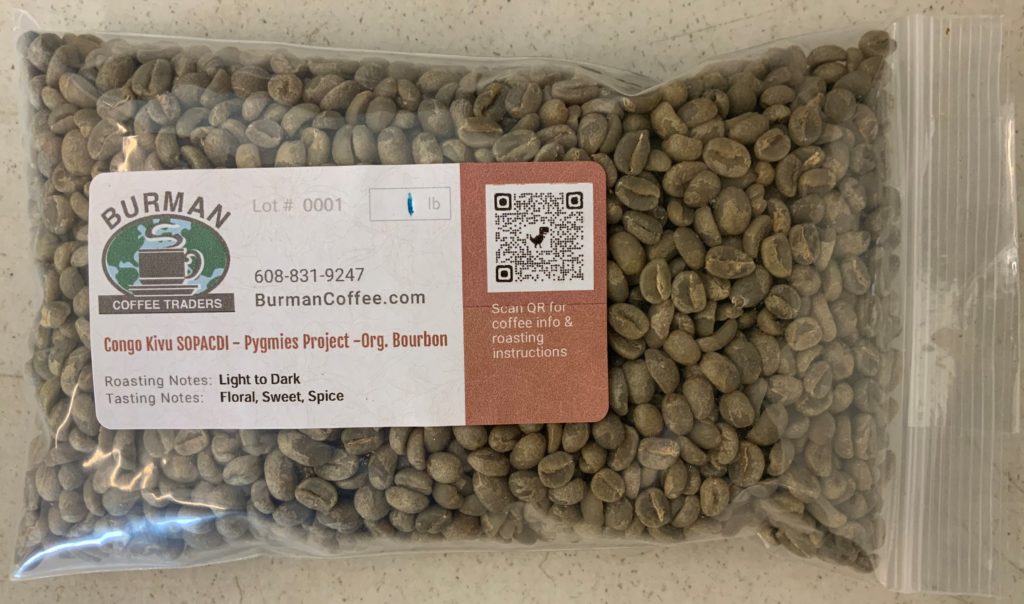
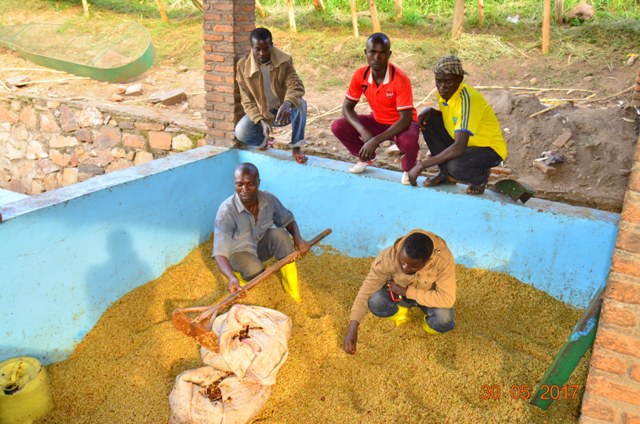
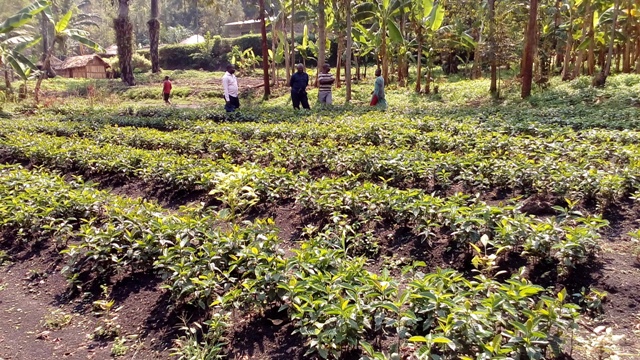
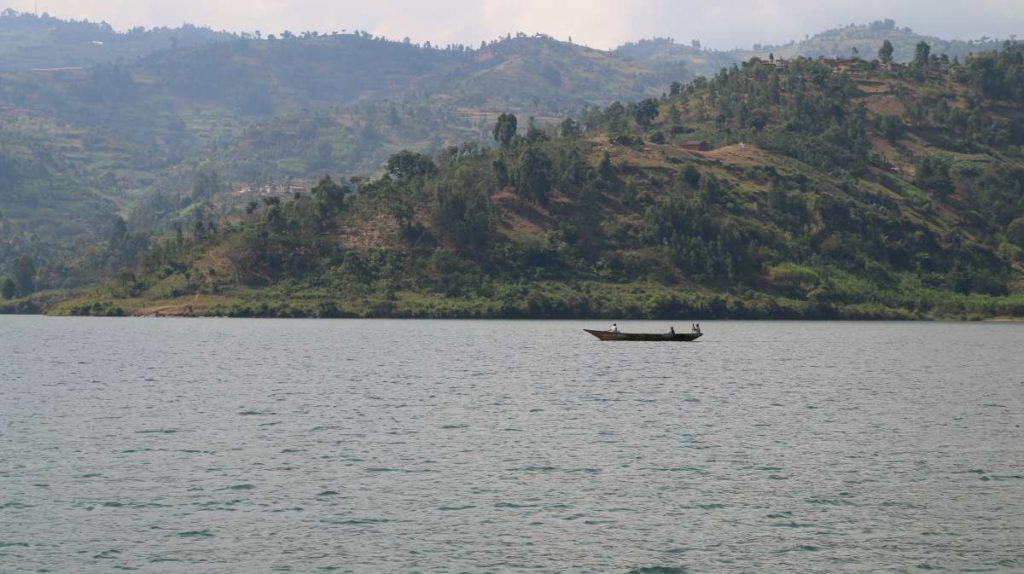
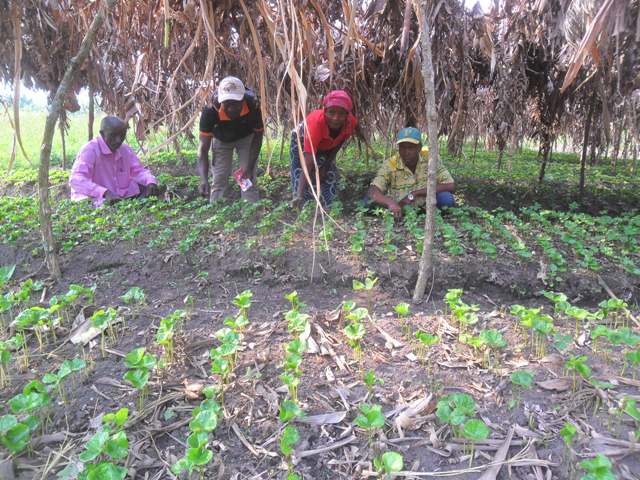
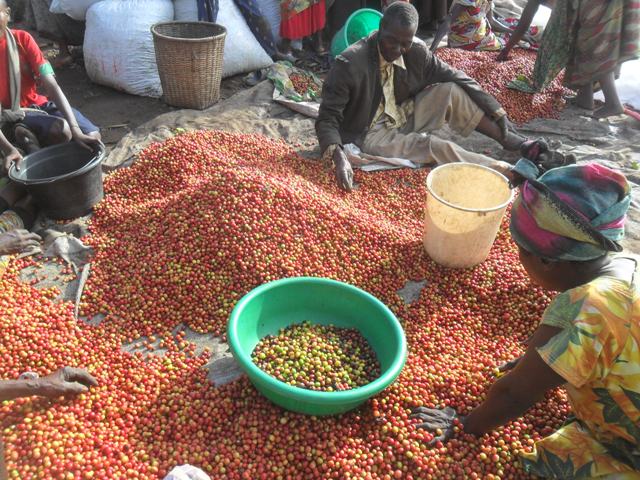
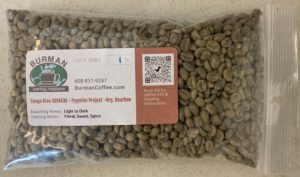
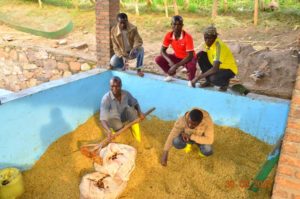
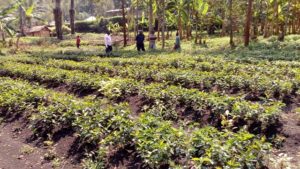
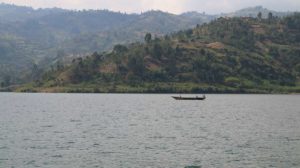
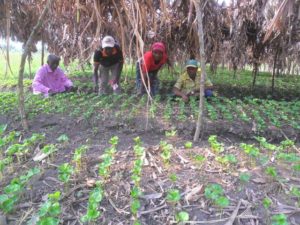
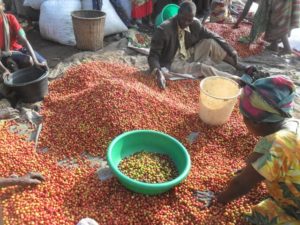
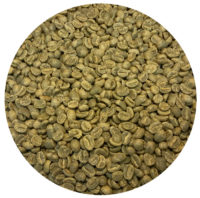
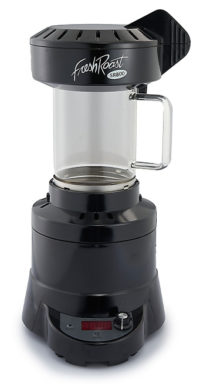

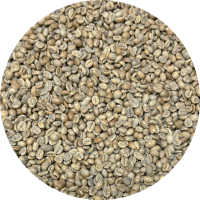

Christopher (verified owner) –
Absolutely fantastic. I will absolutely purchase this when it is back in stock. Roasted to a nice medium, it reminded me of a high quality Kenya. Delicious.